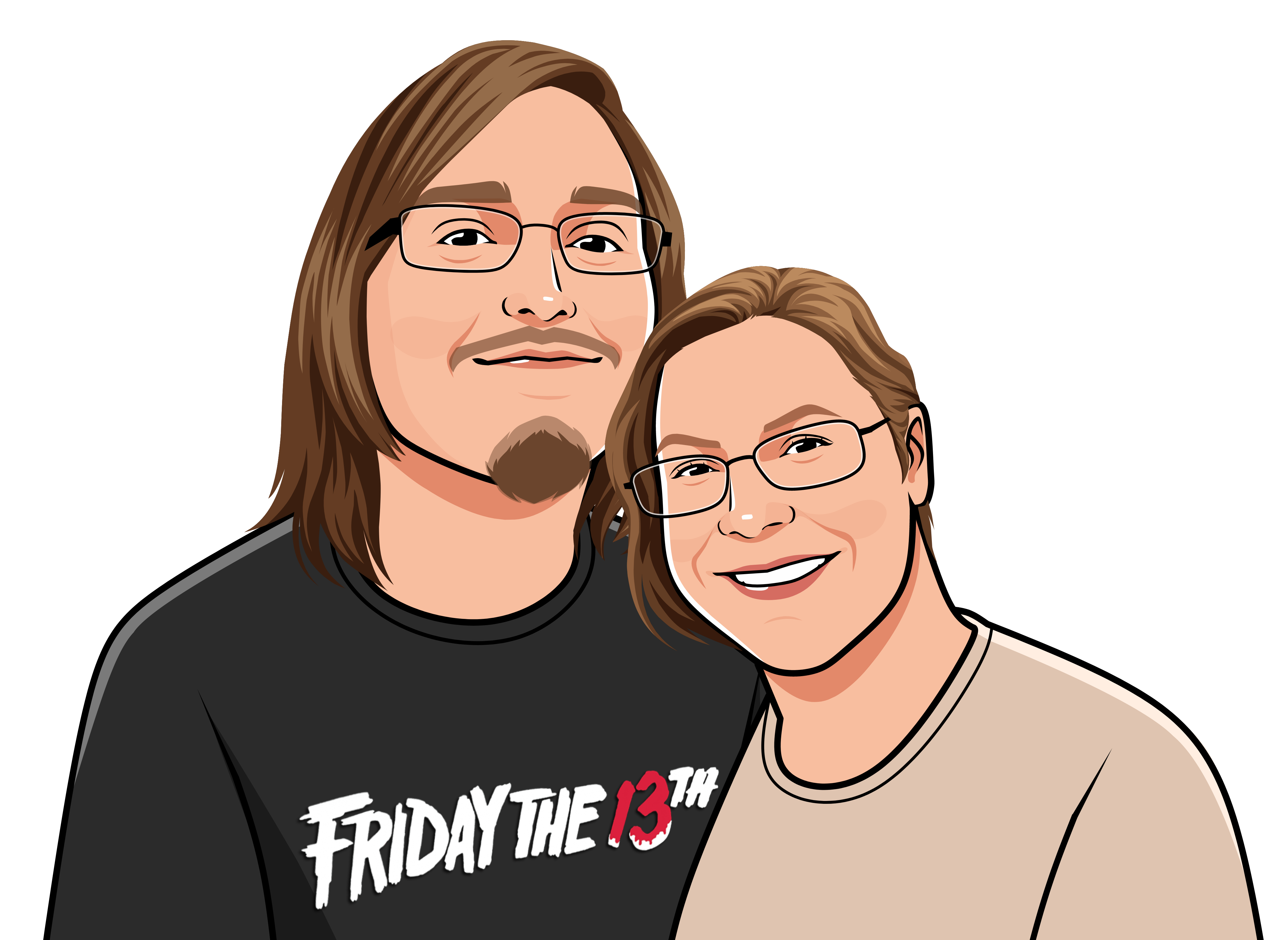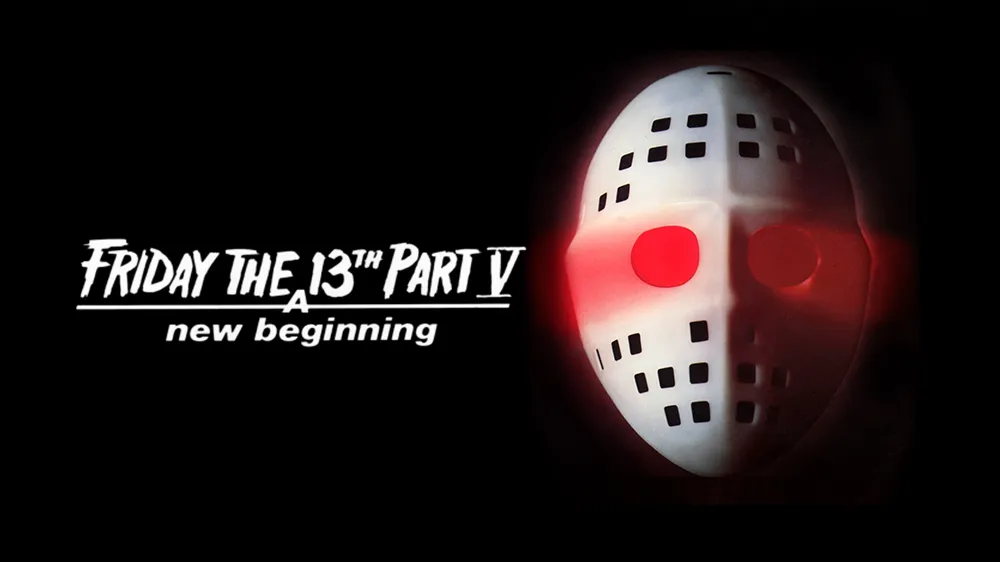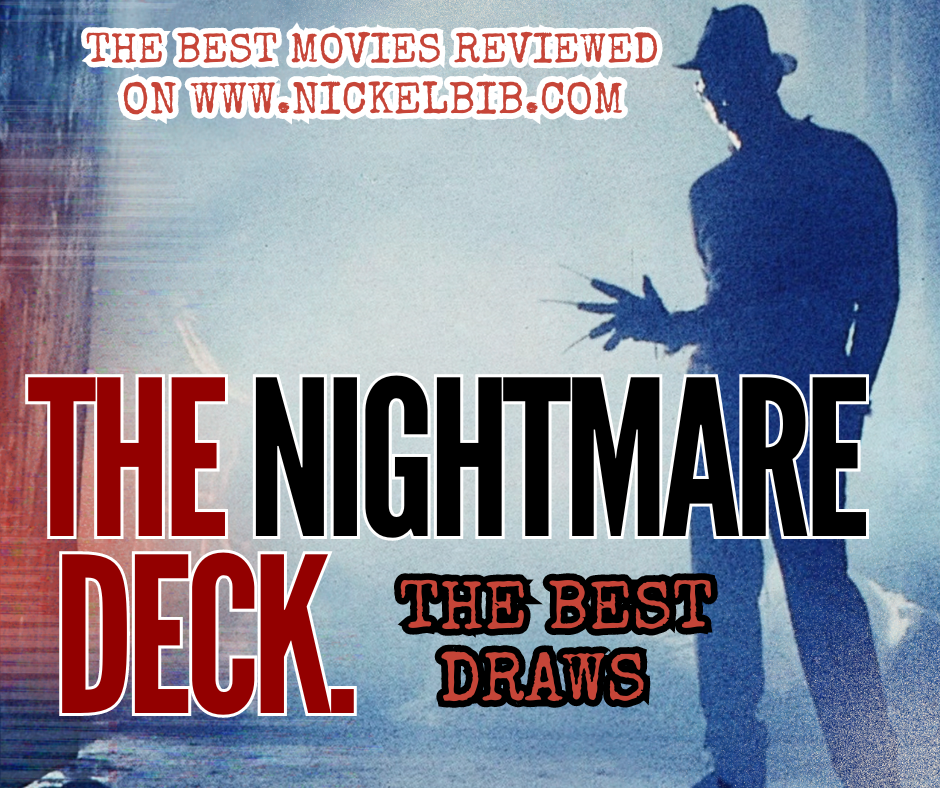The Last of Us arrived in the Summer of 2013, at the tail end of the PlayStation 3‘s life cycle, receiving critical acclaim across the board with many gamers referring to it as one of the greatest games ever created. I know I liked it when it arrived as you can see from the link attached in the description from a review I wrote about half a decade ago. It offered a new approach to the zombie genre, carrying gameplay mechanics comparable to the Resident Evil series, albeit with the incorporation of stealth, crafting, and other small nuances that helped it develop a unique identity for itself.
I think what really set apart The Last of Us and made it special was its more cinematic and dramatic approach. The zombie pandemic was important, absolutely, but it had a real emphasis on relationship of its characters, of Joel and Ellie‘s emotional journey and the loss they had experienced. Similar to Naughty Dog‘s Uncharted series, but in a different way, its high production value and narrative went in a direction very different from a lot of the other videogames on the market. Seven years later, The Last of Us Part II arrived in the Summer of 2020, coincidentally at the tail end of the PlayStation 4‘s life cycle. The reaction to it, on the other hand, has been complicated, to say the least.
The critical response was overwhelmingly positive, with companies like IGN and Game Informer offering it a perfect score across the board, and the Metacritic rating is nearly perfect as well. Regardless, there was definitely a bombardment of criticism directed toward Naughty Dog’s newest game. Having played The Last of Us Part II, I can make some assumptions about why the negative reviews had such an oomph to them, and I would wager it likely is the reason for a whole lot of them.
Set years after the events of the original game, Ellie and Joel now live in Jackson, Wyoming, with a relationship that has since become strained. Ellie has established a rapport with a young woman named Dani, a rapport that eventually develops into a romantic relationship. As you might have already assumed, the few who survived Joel’s attack against the Fireflies in The Last of Us have not been easy to forgive his actions. This includes one woman named named Abby, a member of a group called WLF, who has carried a grudge against him ever since. The Last of Us II sees Abby struggle with her own obsessions about revenge, and sees Ellie deal with her own emotional traumas and obsessions, in an experience I would call far more hateful and mean spirited than the original.
This is by design, and The Last of Us 2 weaves a darker, more violent tale than the last, reminding me less of The Last of Us, and more of something like the South Korean film I Saw the Devil with its disregard for human life and its cold, cynical perspective on the world around them.
I have no issue with anyone who criticizes The Last of Us 2, and, in fact, as you will come to discover, I have criticisms about it as well. Videogames are entertainment, and no one could or should be able to break you down and force you into liking something that you don’t. That in mind, I do think that there was definitely a more venomous reaction to Last of Us 2 because its decision to have Ellie portrayed as lesbian, to have Abbey portrayed as a more physical, muscular character, and its inclusion of transgendered characters. If you are not among the people who had a problem with it because of that, I am not chastising you, but I definitely believe there was a lot of criticism based on ones’ own prejudice and not the actual quality of the product.
I have heard criticisms from both sides, I heard a criticism about how the transgendered character was presented, portraying him as a tragedy more than a fleshed out character, which I would not agree with. I believe the portrayal was very real and organic to the world created. I also heard a criticism that stumped me about how enemies of the character would use his deadname, and how that was offensive to them. The only reason I mention it is that it feels completely unfathomable that you would expect enemies of a person who are actively trying to bludgeon him with axes or blow his brains out to care in the slightest about that. If it offends, that’s the idea, just like you should not like the idea of them trying to murder him. They’re not warm hearted people, you guys.
The major legitimate criticism I have heard most of involves something that happens very early on, within the first hour or so, actually. I have tiptoed around saying it, and, chances are, without playing it, you likely already know what it is. The fact it is so easy to predict, however, is because it is the most natural way for the storyline to progress and is the catalyst for the entire narrative that unfolds thereafter. Actions lead to reactions, and hatred and trauma fester in destructive, tragic ways. That’s the entire idea that the story tries to get across, and, for what it is worth, I found the story very brave and inspired.
The early-going of The Last of Us 2 is admittedly slower than what I think’s ideal, with a lot of dithering and more cinematic moments that I think are unnecessary to it. I don’t dislike them, per se, because the entire experience is brought together by astounding visuals, fantastic sound design, and a grandiose presentation that allows you to stay captivated. In film, you will have the occasional feature that captures the zeitgeist, a film like Avengers: Endgame, or the seventh Star Wars film, for instance, and whether you like those films or not, they have that epic-scale, big fight feel to them. The Last of Us 2 carried that for me from the very second I inserted the disc. However, I can’t help but feel like there are instances where it feels like they tried very hard to create something special and you can tell, creating this manufactured-ness that does not feel as seamless or smooth as the original.
As a gamer, I found this to, at times, be hurtful to the initial game play. I am not an expert on The Last of Us, by any stretch, but I have completed the original twice. The Last of Us 2 builds on the game play of the original in considerable ways, but it does have a certain learning curve to consider. All it took was practice, and then, I was doing just fine, but I felt like there were a lot of stops that made it difficult to hone my skills early on with the dramatics often feeling like they held importance over the gameplay. I don’t mind that, usually, but I do wish they would have balanced it a little more early on than they did. This is something I think changes and improves as the game progresses itself.
The relationships between characters remain enjoyable, with entertaining and charming conversations between characters, as well as flashbacks between Joel and Ellie from the time they spent in Jackson we missed out on. I don’t feel there is as strong a dynamic between any characters as Joel and Ellie from the last, but I do feel like we find something else instead. This is all about hate and how it can rot you out from the inside, and I think that it establishes that in very creative fashion. The parallels you will find yourself making to Ellie and Abby, and symmetry it has with the original shows an intelligent attention to detail and a thoughtful consideration.
The Last of Us 2 is a lot longer than the first. I finished the original in shy of fifteen hours, whereas it actually took me twice that in-order to finish the sequel. I would not say it had filler, necessarily, because I do think most everything that was incorporated was well thought and fleshed out.
However, I did not expect to be playing as Abby for as long as I was, which was about a fifty fifty with Ellie, I think. Her character is interesting and I enjoyed a lot of what it had to say with her, but I also can’t help but feel like Last of Us 2 peaked the very moment before we began Abby’s arc, and it only descended thereafter til the payoff. There is a lot of backstory with Abby, and a lot of subplots and new characters like the Seraphites, and although I appreciate the world-building, I think it might have been too much, or, at the very least, could have been structured differently. After a long period with Ellie that I really enjoyed, it dumps Abby’s considerable arc off, and while Abby’s part was good, it took the wind out of the sails for Ellie’s great part, I think. There were instances where I really felt disinterested in Abby’s narrative, but I believe that is, in part, because they more or less end Ellie’s part on a cliffhanger until you complete Abby’s. I wish they could have made it a little more seamless and less tacked on.
I left with a lot of emotions about The Last of Us Part II, and that is something that, in itself, is a cause for celebration. It has so much ambition, and not only that, but they have the tools and skills needed to pursue that ambition and win more times than it loses. The voice-acting stays phenomenal, with Joel and Ellie’s performances and their relationship remaining as a highlight, and their attention to detail and fleshed out world adding a backdrop that you can buy into and care about. The game itself is filled to the brim with callousness, and payoffs that are not always what you want them to be – but are always true to the world and vision they had for it.
Do I love it as much as the original? I believe the pitfall that The Last of Us Part II can feel like two separate games, one being Ellie’s and one being Abby’s, with one being great and one only being good, makes the sum of its parts feel a little inferior to the simplicity and beauty of the original. That said, I believe it is very high quality and has as many moments that I love as the original. I would definitely recommend it to fans of the original, and I definitely considerate it as a great game and worthy follow-up to the original.





